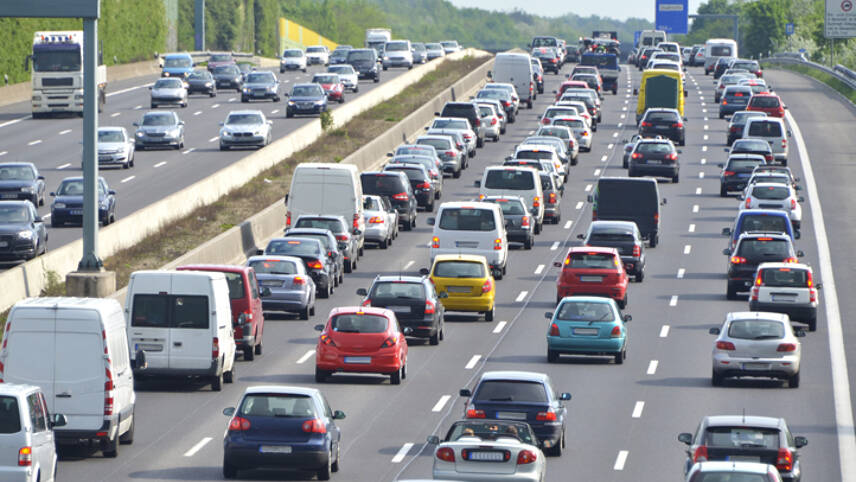Register for free and continue reading
Join our growing army of changemakers and get unlimited access to our premium content

Transport accounts for around 25% of the EU's emissions, making it a key hurdle on the road to climate neutrality
The decision was announced early on Wednesday (29 June), following discussions late on Tuesday. It has been made around 11 months after the measure was first proposed.
The changes mean that, as of 2035, all new cars and vans placed on the market in the EU will need to produce zero tailpipe emissions. The EU will confirm by 2026 whether hybrid vehicles and/or vehicles using alternative fuels will be able to be sold post-2035, if automakers can prove they are zero-emission.
EU climate chief Franz Timmermans has stated that “We are technology neutral, what we want are zero-emission cars”. However, he cautioned: “At the moment, e-fuels do not seem a realistic solution, but if manufacturers can prove otherwise in the future, we will be open.”
Despite pushback from the private sector – the German car industry in particular – the agreement on the new ban was fairly. Italy, Portugal, Slovakia, Bulgaria and Romania did push for the implementation date to be 2040. Of a total of 612 votes, 339 were in favour of the proposals, while 249 MEPs rejected, alongside 24 who abstained.
The EU had maintained that the 2035 date would be necessary to transition road transport in line with its 2050 climate goals. The International Energy Agency’s (IEA) roadmap to a net-zero energy system by 2050 requires all developed nations to end the sale of light vehicles that are not zero-emission by 2035.
There will, however, be a five-year extension of the exemption from the emissions obligations for manufacturers producing 10,000 vehicles or fewer each year. These manufacturers are described as “niche”, even though this category will take in some of Europe’s most recognisable luxury car brands.
Also agreed today was a requirement for new carbon pricing on polluting fuels used in road transport, which is set to launch in 2027. Measures will be confirmed to protect low-income households from these costs.
These measures must now be negotiated with members of the European Parliament before they are passed into law.
Transport represents around one-quarter of the EU’s annual emissions footprint. Of transport-related emissions, 70% arise from road transport.
UK plans
Back in April, the UK Government set out new plans to get automakers to begin shifting production to electric vehicles, ahead of the 2030 ban on new non-electric cars and vans.
Zero-emission vehicle mandates will be applied to carmakers from 2024, requiring them to ensure that a certain portion of vehicles produced are zero-emission.
On cars, the proposed proportion range in 2024 is 20-30%. The Net-Zero Strategy is predicated on a 22% mandate in 2024, increasing to 52% through to 2028. For vans, the proposed proportion range in 2024 is 8-15%. The aims on vans fall short of what the Climate Change Committee (CCC) has recommended – a 34% proportion range in 2024, scaling to 79% in 2028.


I wonder if the political world has grasped the fact that if we are have a similar level of vans and cars, that they will have to be electrically driven. This will involve batteries. A lot of them. And a lot of specialist materials, scarce elements. And would they have considered compulsory recycling?
And the generation of electrical power to charge the batteries, roughly equal to the diesel and petrol sold at the moment.
Wind power will not do it, or any other renewable scheme.
Come on Greens, where is the Fairy Godmother?????
Richard Phillips